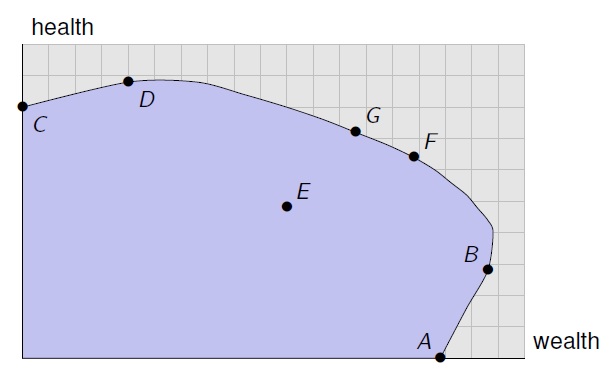
Should we pay people for getting infected? Should we increase fines for rule breakers? Incentives are key for controlling epidemic & getting it wrong can backfire. So far, the government has shown poor judgment. A thread.
#EconTwitter #EpiTwitter #COVID19 theguardian.com/world/2021/jan…
#EconTwitter #EpiTwitter #COVID19 theguardian.com/world/2021/jan…
People must be encouraged to do the right thing & protect themselves and others. This involves mix of stick and carrot, such as fines for rule breaking and income support for self-isolating. I lay out the case for such measures here: economicsobservatory.com/externalities-…
There are two types of subsidies; payments tied to behaviours and those tied to health outcomes. In simple terms, if we pay people to reduce exposure then they have stronger incentives to comply. Similarly, we can impose fines for endangering others.
Alternatively, we can pay based on outcomes, differentiating between healthy & infected people. This is morally problematic, but the theory is clear. If you want to go down that route, you must fine those who get infected, not pay them. More details here: inet.econ.cam.ac.uk/research-paper…
So what to make of idea to pay £500 for a positive test? It is a payment for outcome (not behaviour) & with wrong sign. With limited fines for rule breakers, new policy is giving incentives to get infected. Already many people flout rules & giving £500 bonus is wrongheaded.
But once infected, we want to give people support to stay home. How? Getting serious about enforcing social distancing rules. Legislation for self-isolation and fines have been in place since September, but not seriously implemented. gov.uk/government/new…
According to police guidance, "enforcement was only to be used as a last resort". This must change. news.npcc.police.uk/releases/indep…
In conclusion, we want to pay people who ARE infected without paying people to GET infected. This means introducing steep penalties for those who break the rules and enforce them. This helps ensure that becoming infected never becomes an attractive option.
Last, an important note. Most people do the right thing, protecting themselves and others. They don't want to become infected and a payment will not change this. But many people don't play along and these are the ones causing harm. We need to help them do the right thing.
One last thought. It would make sense to tie fines for rule breaking directly to receiving the £500 payment. In general it’s difficult to know whether people intentionally break rules, but by receiving the payment your confirm that you’re infected. So the fine should be larger.
• • •
Missing some Tweet in this thread? You can try to
force a refresh



